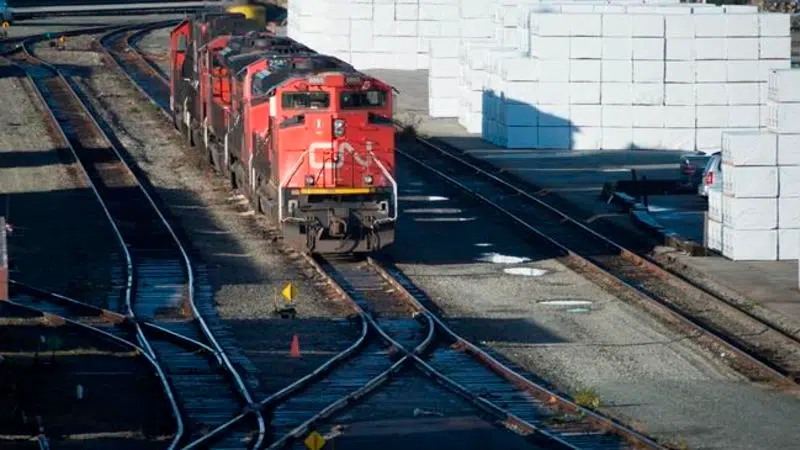
CN strike triggers layoffs in Halifax as rail activity hits the brakes
MONTREAL — The ongoing CN strike has cost scores of Halifax rail workers their jobs — at least for now — as the labour stoppage continues to impact shipping across the country, the union representing the employees said Saturday.
More than 250 staff at Canadian National Railway Co.’s Autoport terminal, which handles cars shipped in and out of Canada, recently received layoff notices, but CN later rescinded the notices for 180 employees, according to Unifor.
The other 70 workers facing layoffs are expected to be temporarily out of work as of Nov. 28 unless the strike ends before then. The work stoppage by CN conductors, trainpersons and yardworkers has hampered rail shipments of cars at the facility, which sits across the harbour from Halifax.
About 3,200 CN staff across the country, who have been without a contract since July 23, walked off the job early Tuesday morning over worries about long hours, fatigue and what they consider dangerous working conditions.


